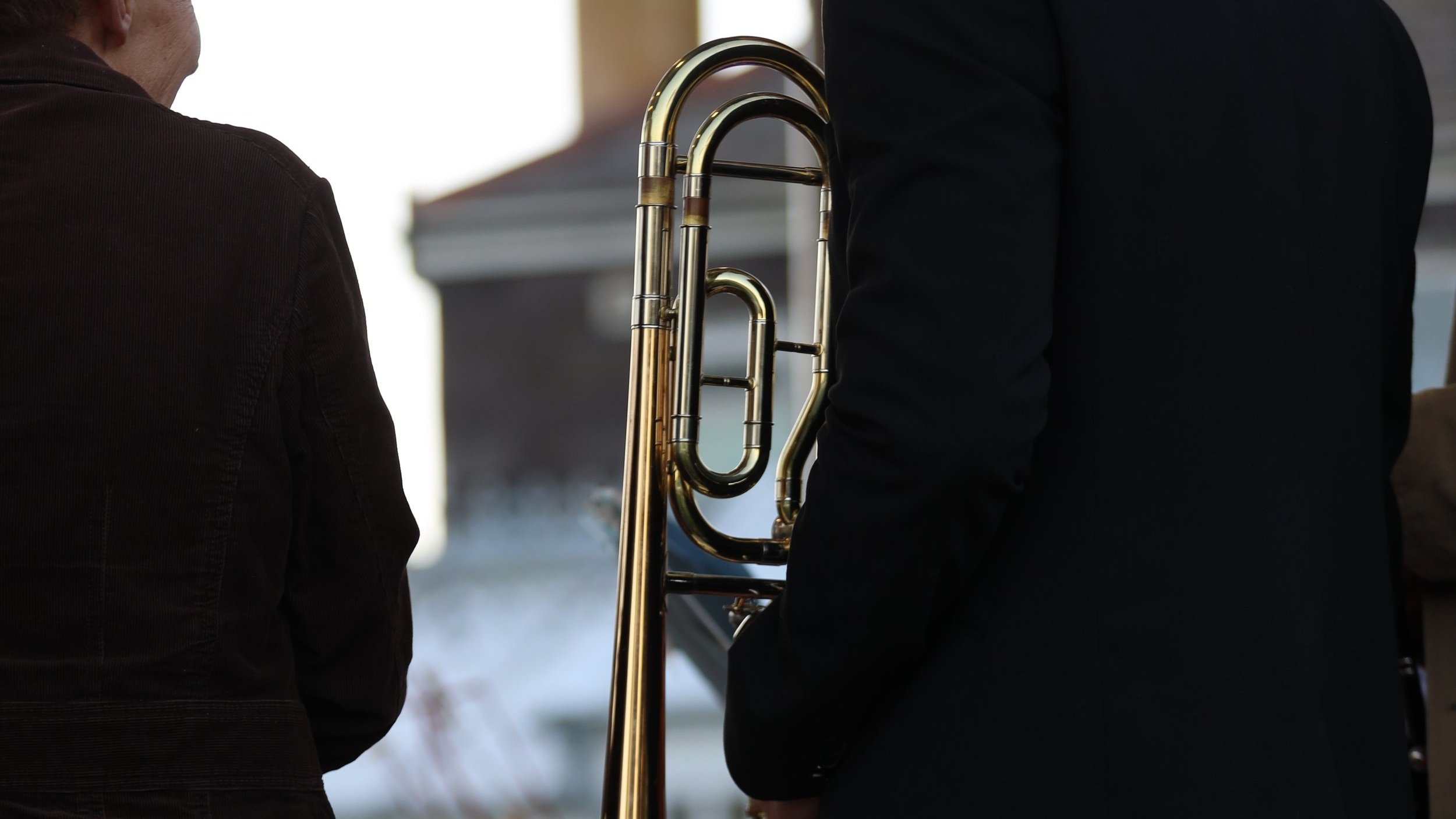Gabriel
This boy, Gabriel, has just taken a big risk. He has just sung Twinkle Twinkle Little Star (TTLS) together with me in a music therapy group for seven children with profound and multiple learning difficulties in a special school. The look on his face, of excitement and exuberance, speaks of the terrific effort he has made. And no wonder - for the children in Gabriel’s group, their disabilities make it very difficult for them to organise a singing voice. It took three years of music therapy for Gabriel to achieve his. For three years he could only manage his voice to produce one note; TTLS always on one note. And after he achieved his first melodic rendition, he effervesced and luxuriated in the wide praises from myself and all the staff in the room. He had taken the risk and succeeded.
Jamie
For some children however, it is their emotional inner world which prevents them from taking risks. Many, through appalling family circumstances, are terrified of the world and unsure of their place in it – afraid to assert themselves for fear of catastrophe. One such was Jamie, a three-year old boy with whom I worked at the Truro Child Development Centre at Treliske.
An able-bodied and inquisitive boy, Jamie’s eyes, which seemed to find wonder wherever they looked, were also full of fear. Initially he couldn’t enter the music therapy room; it took four weeks before he crossed the threshold. Then, for one three-minute episode each session I sang a well known song (TTLS) and for 21 weeks he joined in – but only singing on one note; literally monotonous. I reflected on how safe it was for him to remain on one note, how comfortable - yet how restricting. Then one spring day, he took the risk. Firstly with the first two notes; two weeks later with the whole song. The look on his face was unforgettable. That safe, holding quality of music, was for Jamie a steadying hand throughout. By the end of the year his singing was exuberant, melodic and confident. Child Development indeed.
Big steps for Jamie, big news for music therapy and worthy of a fanfare on any website in the world.
Joyce
From a music therapist's account of working with a lovely lady: The previous week Joyce, who had Alzheimer’s disease, was very confused about living in the care home and was experiencing feelings of anxiety and paranoia. As I sung her name for the second time I watched her eyes lift and it felt as if something had changed within her. Joyce became very playful, articulate, and started to take risks musically. By the end of the session Joyce had taken the lead in our music. Joyce recognised that the dynamic level of our music had dropped and responded accordingly until we joined together in an improvised but very much attuned and empathic ending together. This shows the potential of music to bring moments of joy to those living with dementia who may often feel isolated and anxious. By using music Joyce was able to forge a new meaningful relationship and build confidence in trying new things at this late stage in her life.
Eric the farmer
Exuberant music therapy sessions were held at the Merlin Centre for Multiple Sclerosis at Hewas Water. All participants, MS sufferers as well as their helpers, engaged in the group sessions; none more so than Eric the farmer - a grandfather of twelve, and a man with a passionate love of Cornish brass bands. At the end of the first session, in front of the group, he said to the therapist: ‘Ee boy … for thirty minutes there, you cured my multiple sclerosis’.





